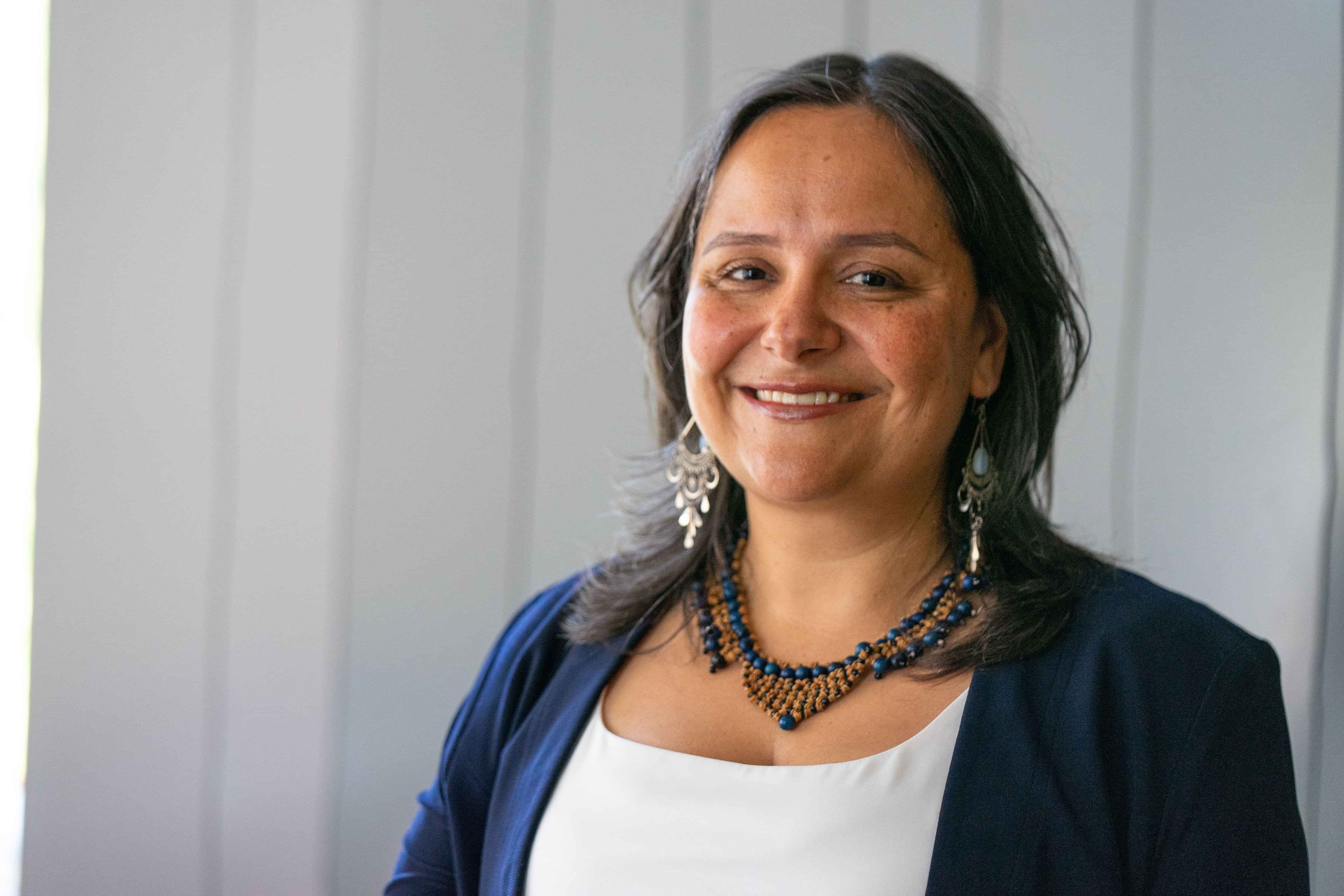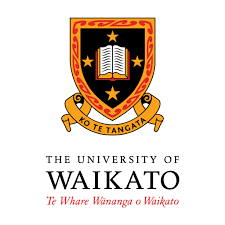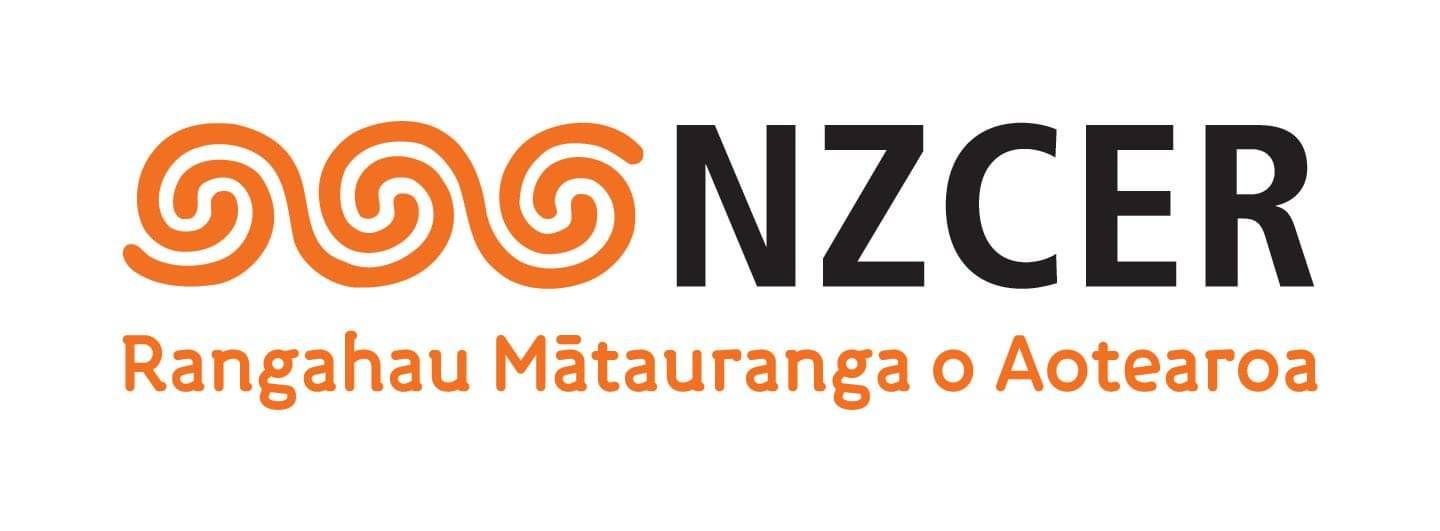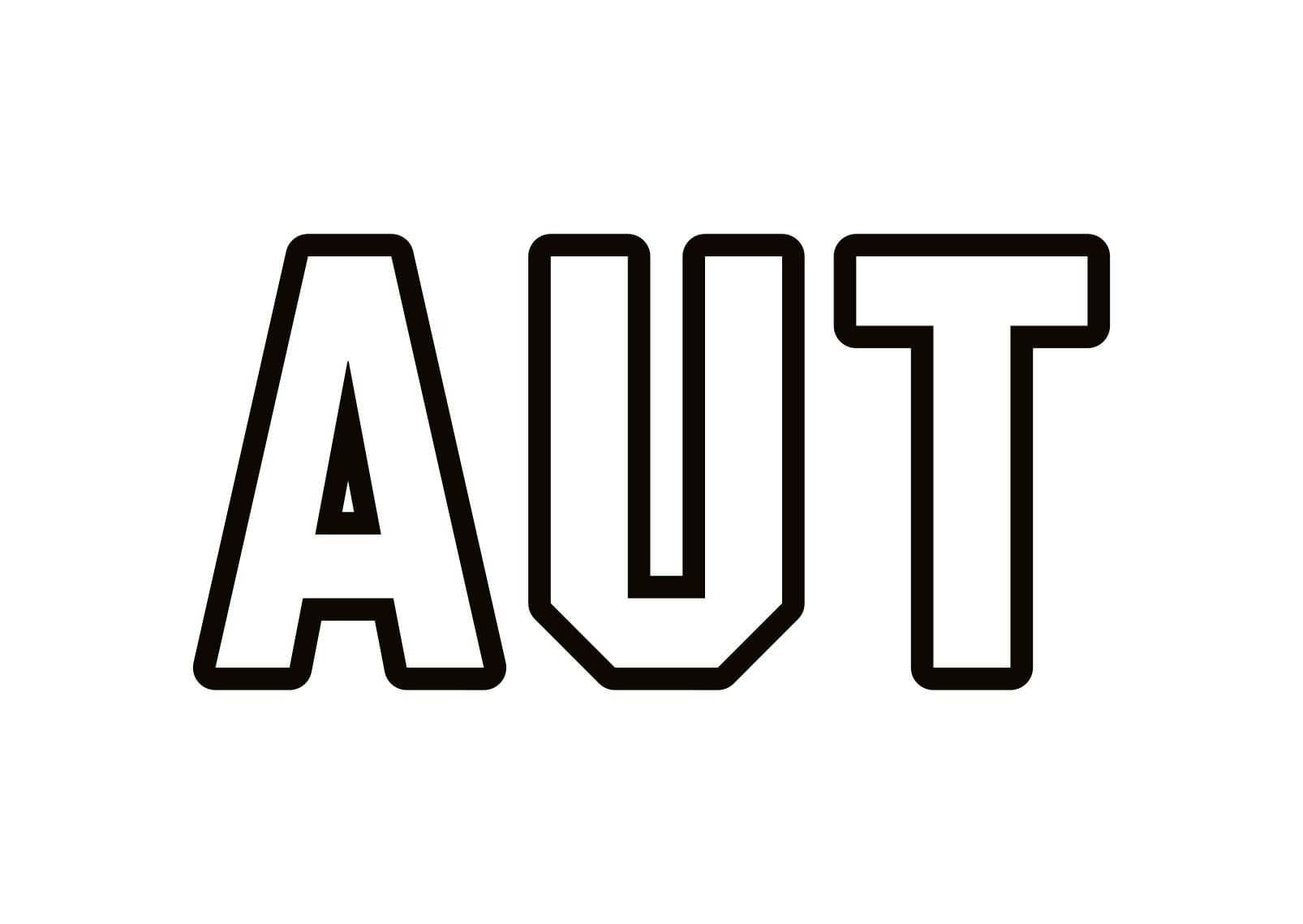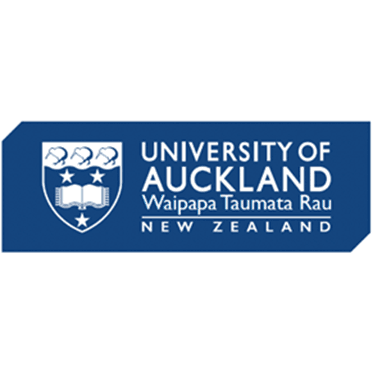2025 CONFERENCE
18th to 20th November
Auckland University
Waipapa Taumata Rau

Conference App
All updates will be made via the conference app. Download it now to ensure you have current information.
You need to registered for the conference to access the event. Email nzare.eo@gmail.com if you have any issues.

Keynote tickets for public and day registrations
We are inviting day registrations and general public to attend our keynote speakers by purchasing a ticket. Seats are strictly limited.
to download files. Please use the app for up to date information.
Place in Education: Connections, Responsibilities, and Futures
Toitū te whenua, toitū te tangata
If the land is well, the people are well
Education is intricately embedded and situated in place. In Aotearoa, te ao Māori offers meanings of place as carrying significance beyond the immediate and material. The place of education is both general and specific, shaped by history, time, and lived experience. It reaches across the everyday into past logics of organising education.
Our relation to the places of education shapes how we connect with each other, our worlds, and the sites, spaces and objects we engage with daily. It also highlights our ethical and moral responsibilities as researchers to consider the sustainability of our world and the urgent environmental challenges that impact education’s future.
Thinking about place in education is relevant to global and local contexts but demands attention to our own communities. Indigenous and postcolonial scholars encourage us to pay more attention to place. As such, we warmly invite all educational researchers to reflect on the meanings of place in education in relation to their own contexts and from a diverse range of epistemological and methodological perspectives.
As always, papers on other themes of educational interest are welcome. The 2025 NZARE Conference seeks to stimulate debate, extend conversations, and explore ways to strengthen the place of education—its connections, responsibilities, and futures.
Keynote Speaker - Vanessa de Oliveira Andreotti
Vanessa de Oliveira Andreotti is the Dean of the Faculty of Education at the University of Victoria, where she leads transformative conversations about education in complex times. A former Canada Research Chair in Race, Inequalities and Global Change and a former David Lam Chair in Critical Multicultural Education, Vanessa has more than 100 published articles and has worked extensively across sectors internationally in areas of education related to global justice, global citizenship, critical literacies, Indigenous knowledge systems and the climate and nature emergency. Vanessa is the author of Hospicing Modernity: Facing humanity's wrongs and the implications for social activism, one of the founders of the Gesturing Towards Decolonial Futures Arts/Research Collective and one of the designers of the course Facing Human Wrongs: Climate Complexity and Relational Accountability, available at UVic through Continuing Studies. Her latest work, Burnout From Humans: A Little Book About AI That is Not Really About AI, co-authored with Aiden Cinnamon Tea (an emergent intelligence), explores AI as a mirror and metaphor for human systems and invites readers to rethink relationality amidst planetary crises.
Herbison Lecture
Georgina Tuari Stewart (Ngāpuhi-nui-tonu, Ngāti Maru ki Pare Hauraki)
Georgina is Professor of Māori Philosophy of Education at Auckland University of Technology. Formerly a secondary teacher of science, mathematics and Te Reo Māori, with teaching and school leadership experience in English-medium and Māori-medium schools in Auckland and Whāngarei. She has been part of developing NZC, Te Marautanga o Aotearoa, NCEA, and many teaching resources. She is a double Marsden researcher and author of the popular book Māori Philosophy: Indigenous thinking from Aotearoa (Bloomsbury, 2021), with the second edition currently in preparation. She is the 3rd longest-serving Editor-in-Chief of NZARE’s journal, the New Zealand Journal of Educational Studies, which increased in readership 500% during her term (2018 – 2023). Since 2021 she has led Eke Tangaroa, AUT’s unique programme for recruiting and supporting Māori and Pacific early career researchers. Click here to visit Herbison Lecture page.
A place for the arts in Aotearoa Educational Research
This panel discusses the ‘issues and situations’ faced by Aotearoa scholars working with creative and artistic approaches in educational research. In doing so, we respond to Avril Bell’s call to ‘work from where we are’: to confidently locate our work in relation to theories and conversations of this place, and to work “from the political, critical and historically informed awareness of where we are” (p. 19). Considering examples from doctoral research and supervision through to nationally funded research collaborations, the panellists discuss what it means to them to work from where they are, and the extent to which Aotearoa Arts-Based Educational Research has come to be characterised by place-based approaches.
Registrations open
2025-2026 financial membership is required to register for conference
Join now or update your membership
Early Bird - closes 1st October
Full registration (Tier 3 and 4) - $750
Student registration (Tier 1 and 2) - $375
Standard
Full registration - $900
Student registration - $525
Day Registrations
Full - $285
Student - $160
